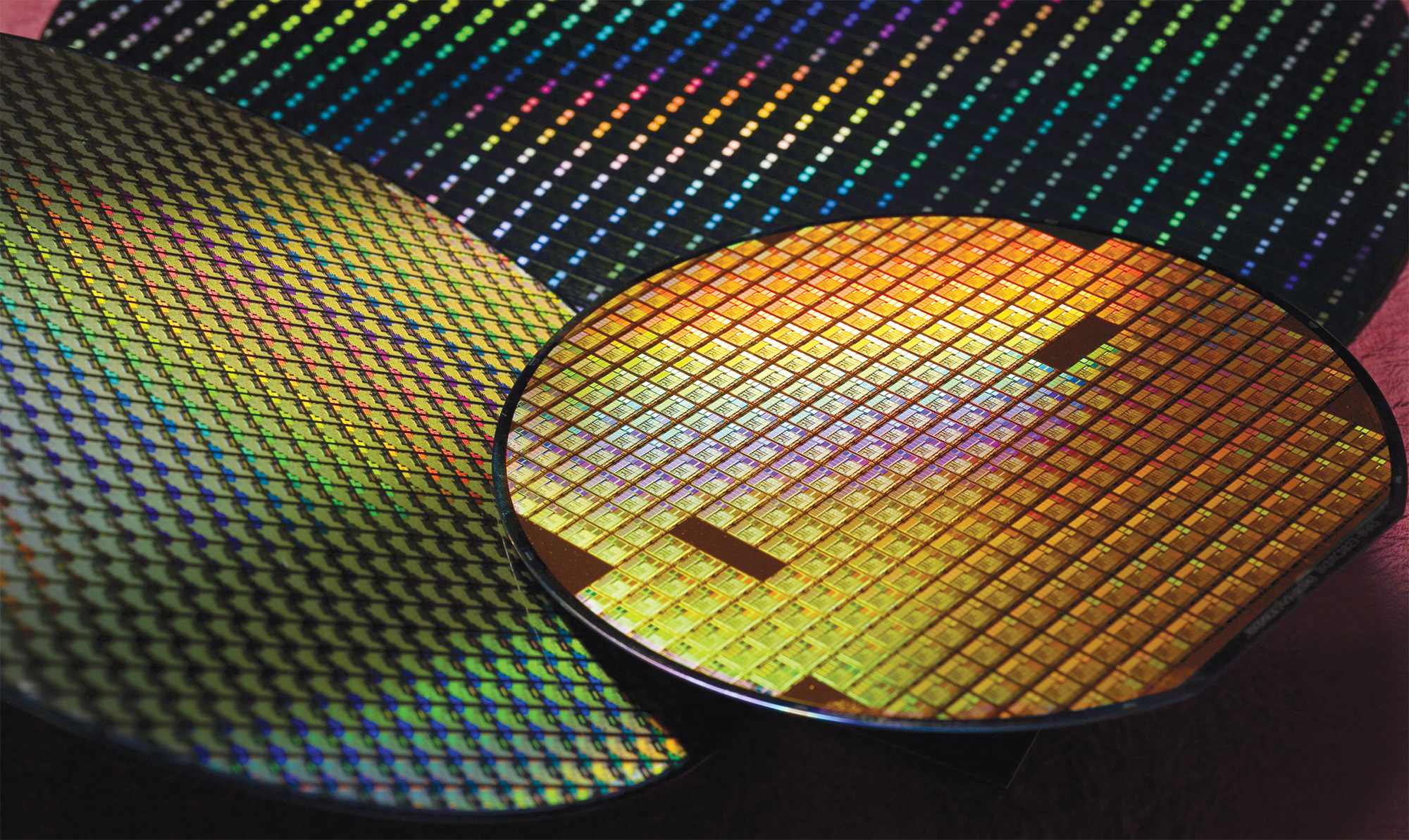According to United Daily News, TSMC is restricting Chinese chip design firms. They cannot order chips made with 16nm and below processes unless they use U.S. government-approved third-party packaging houses. This move aligns with stricter U.S. export rules, forcing many Chinese companies to shift packaging operations to U.S.-whitelisted OSATs to maintain supply.
As of 2023, China contributed around 8% of TSMC’s revenue, a significant part of which comes from the company’s fab in China. Thus, the impact on TSMC revenue is expected to be minor, as over 70% of its revenue comes from advanced technologies, 7nm-class production nodes, and below. Meanwhile, demand for 16nm FinFET chips extends beyond China, including U.S. and European automotive customers.
Starting January 31, 2025, 16nm and below products not packaged by a U.S. government-approved OSAT will not be shipped unless TSMC receives a certification copy from the packaging firm. The report says many Chinese companies are responding by moving their packaging operations to allow U.S. firms to retain access to TSMC’s production capacity.
New U.S. rules restrict the export of chips with 30 billion transistors or more, made using 14nm, 16nm, or smaller nodes, to China and other restricted nations unless developers obtain a license from the U.S. Department of Commerce. However, companies from the U.S., Taiwan, and allied nations can apply for a permit if selling to approved customers. Chips with fewer transistors and those packaged by U.S.-approved OSATs are exempt. Since most modern processors use FinFET technology, these rules affect a broad range of chips. Still, consumer CPUs and SSD controllers typically stay below the limit, so technically, Chinese customers could get them. If the report is correct, TSMC’s restrictions are stricter than those proposed by the U.S. government.
For obvious reasons, big companies like AMD, Apple, Intel, MediaTek, Silicon Motion, and Phison are expected to receive licenses, even for processors surpassing 30 billion transistors. However, the restrictions will impact AMD, Intel, and Nvidia, which now require export licenses for mainstream GPUs sold to China, even if those GPUs were previously unrestricted. The U.S. government’s primary goal is to control AI chip shipments to China, Iran, and Russia and close loopholes that allow blacklisted firms to obtain high-performance AI processors through intermediaries. As it turns out, TSMC is collaborating even beyond the requirements.
We have contacted TSMC to confirm the information and will update the story when we receive a response.
